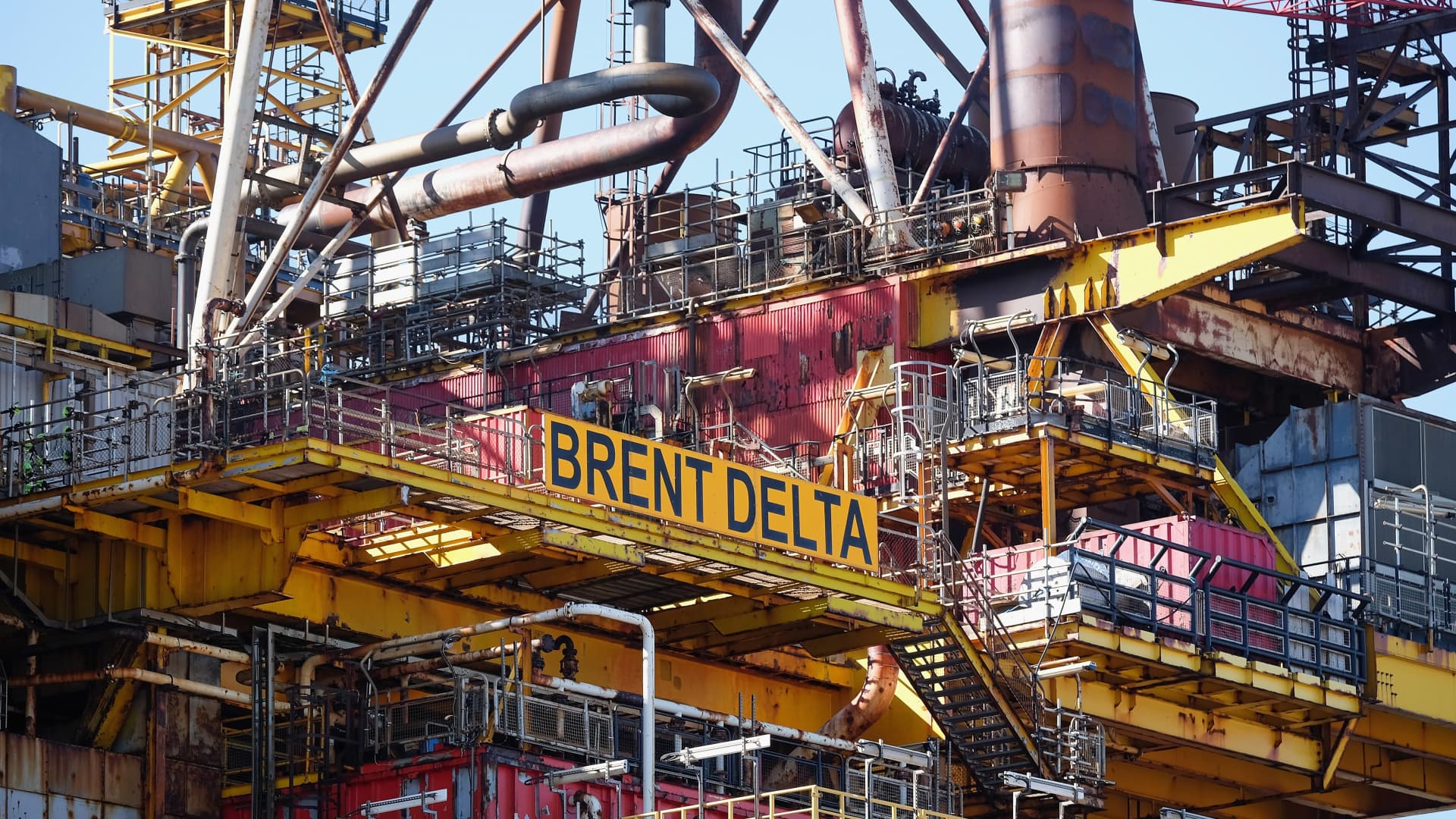A group of students at a middle and high school in East Jordan, Michigan didn’t like that their school runs on fossil fuels. Instead of just being sad about it, they decided to take matters into their own hands. The plan: to raise funds for the installation of a 30 kW solar system and learn from the process of getting it installed.
“East Jordan Middle/High School (EJMHS) largely relies on the burning of fossil fuels for its grid-supplied energy. This grid reliance presents negative financial and environmental consequences,” one of the school’s clubs said on their website. “However, there is a great opportunity to help lessen our dependence on the grid and positively impact our school and community.”
Just as a learning opportunity alone, this is a pretty good opportunity for the school’s students. Not only are they learning to complete a project, but they’re raising funds for it, making sure it gets done, and making sure the system is maintained through a dedicated club. The kids participating in this project will walk away with real-world experience relevant to participating in a business or a non-profit. Even if there were no environmental benefits, this would be a great thing for them.
Another thing the students are learning is that it’s not always easy to get things like this done. Many people like to think that just voting for the right people or giving a few bucks to the right cause will fix society’s problems. The reality is that it takes blood, sweat, and tears to make things happen (hopefully they’ll skip the blood on this one, but any project ends up using a few band-aids). By having a real appreciation of what it really takes to get things done, they won’t get discouraged as easily in their political and business endeavors when they grow up.
Just from the website alone, we can see that the students are not only serious about this, but have had some teachers and community professionals teaching them valuable skills. The website looks professional, does a great job of making the case for the project, and gives the site’s visitors ways they can really help get the project done.
We can also see that they’ve made a decent video making the case for the project. There were definitely some adults guiding the process here, but it’s better than the video journalism I was involved in during high school.
Why We Should Help Them Out
I know some readers might wonder why the school system itself doesn’t put the solar system up themselves, or why they can’t set up a power purchase agreement where the school pays another entity by the kilowatt-hour for the electricity. The fact is that East Jordan, Michigan is a small community pretty far north in the “mitt” of the state. Wikipedia puts the whole community’s population at under 2,500 and it’s clear from looking at the community on the map that they’re a somewhat isolated rural community.
Google Maps imagery of the area.
The community isn’t even big enough to have a separate high school and middle school, so they’re definitely small and resource limited. Even with limited resources, the local community has already pitched in most of what they need, so the locals are committed to this beyond just putting up a YouTube video. The community seems to need just a little more help to get over the hump.
Even if the school could put up the solar system all by themselves, would the students get much in the way of education and experience doing that? Definitely not. By having the students take a hands-on approach, they’ll walk away with a lot of experience that I described further above.
Finally, I know that it’s tough to get at opportunities growing up in a small town, because I did that for most of my childhood. I was fortunate that my parents moved away to a better place where I had more educational opportunities after high school, but some friends I knew from where I grew up didn’t have those same chances. By helping these kids in a small town, we are doing a lot more than just giving them something to do. Some of them will go on to work in the renewable energy industry in a variety of roles, from rooftop to desktop. That alone is worth something.
If nothing else, it’s good to let our young renewable energy and cleantech allies in a small town know that we have their backs. Having a bunch of outsiders help get them past their goal will help the small town’s culture be a lot more friendly to renewable energy in the future. I don’t know if that was ever a problem in their town, but I know from experience that some small towns are like that.
You can see more about the project and donate to it here.


